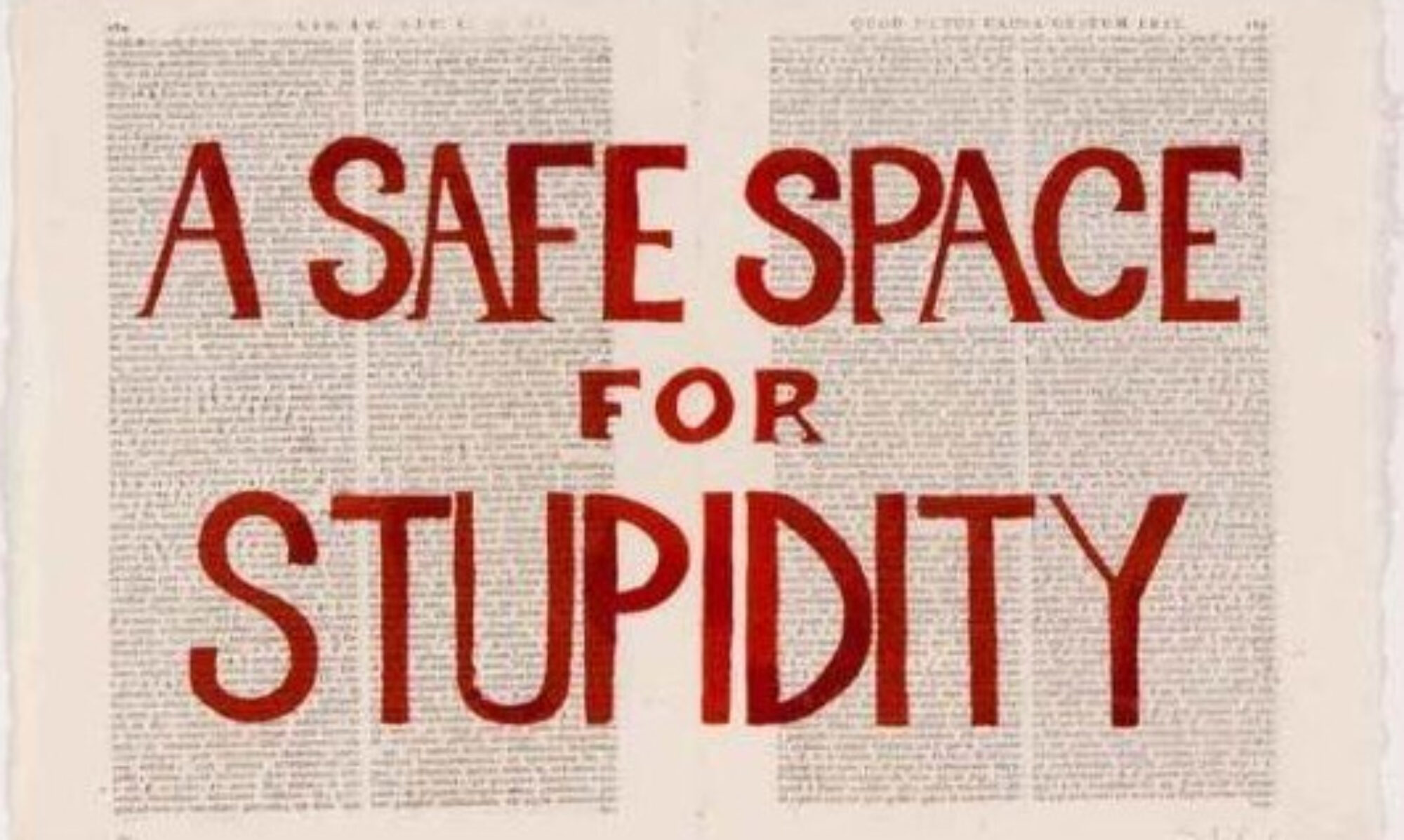A new translation of Maximalism and Extremism, from l’Unità, 2 July 1925
Comrade Bordiga is offended because it has been written that in his ideas there is much maximalism. It is not true, and cannot be true—writes Bordiga—. In fact the most distinctive trait of the extreme left is an aversion for the maximalist party, which disgusts us, makes us vomit, etc., etc.
The question however is something else. Maximalism is a fatal and mechanical conception of the doctrine of Marx.
There is a maximalist party which from this maximalist conception draws an argument for its opportunism, to justify its collaborationism masked with revolutionary phrases. Bandiera rossa trionferà [The Red Flag will triumph] because it is fatal and inevitable that the proletariat must win; Marx said so, who is our sweet and doting master! It is useless to move ourselves; why move and struggle if the victory is fatal and inevitable? Thus speaks a maximalist of the maximalist party. But there is also the maximalist who is not part of the maximalist party, and can instead be in the Communist Party. He is intransigent, and not opportunist. But he too believes it useless to move and struggle day by day; he awaits only the great day. The masses—he says—cannot not come to us, because the objective situation forces them towards the revolution. Thus let us wait for them, without so much talk about tactical manouevres and such expedients.
This, for us, is maximalism, just like that of the maximalist party. Comrade Lenin has taught us that to defeat our class enemy, who is powerful, who has many means and reserves at his disposal, we have to exploit every chink in his armour and we must use every ally possible, even be they uncertain, wavering and temporary. He has taught us that in the war of armies, one cannot reach the strategic aim, which is the destruction of the enemy and the occupation of his territory, with having first reached a series of tactical objectives tending to break up the enemy before confronting him in the field. The whole prerevolutionary period is presented as a mainly tactical activity, with the aim of acquiring new allies for the proletariat, of breaking up the organizational offensive and defensive apparatus of the enemy, of exposing and exhausting his reserves.
Not taking account of this teaching of Lenin, or taking account of it only theoretically, but without putting it into practice, without making it become daily practice, means being maximalist, that is pronouncing great revolutionary phrases, but being incapable of moving one step closer to the revolution.
